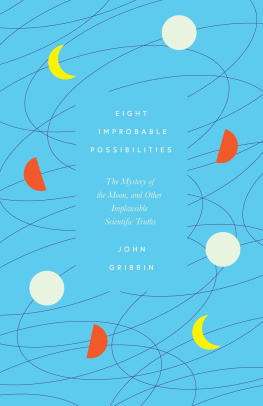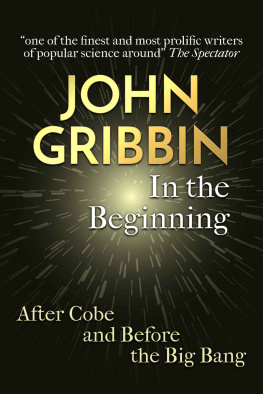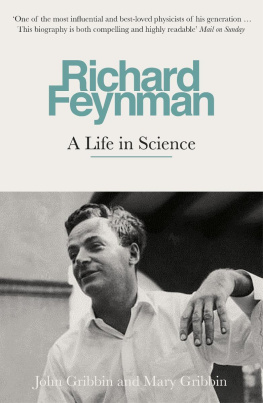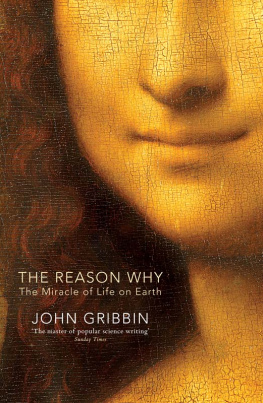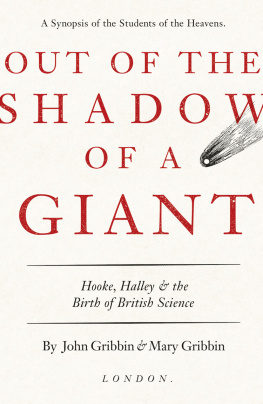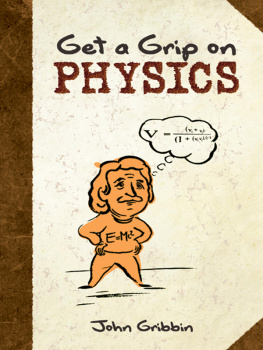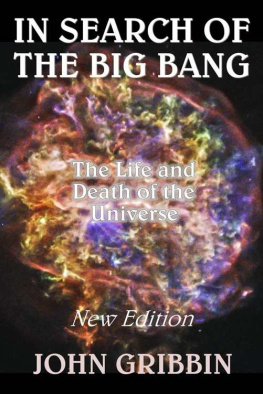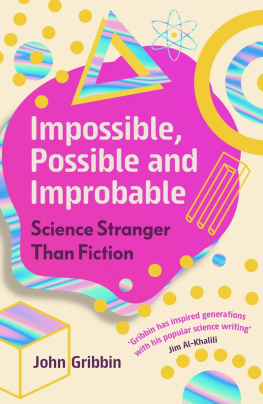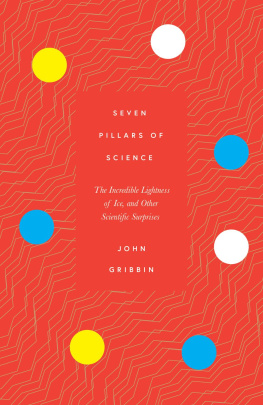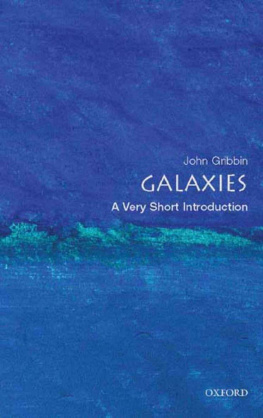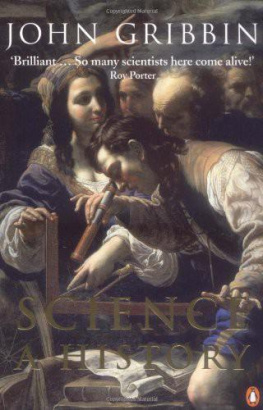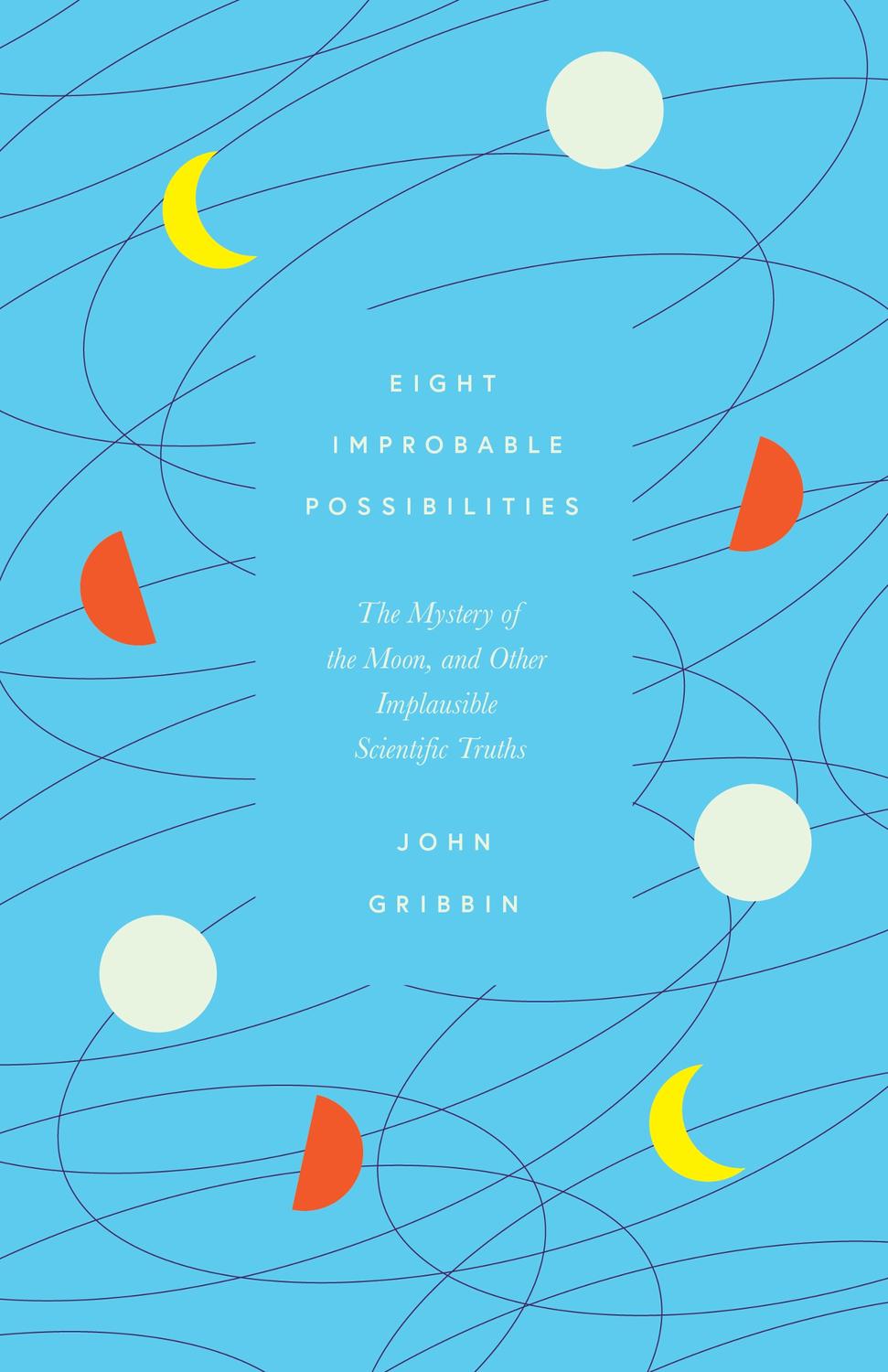He is an Honorary Senior Research Fellow at the University of Sussex, and was described as one of the finest and most prolific writers of popular science around by the Spectator.
Once again, I am grateful to the Alfred C. Munger Foundation for financial support, and to the University of Sussex for providing a base and research facilities.
As with all my books, Mary Gribbin ensured that I did not stray too far into the thickets of incomprehensibility, and on this occasion Improbability Eight owes a particular debt to her. The mistakes, of course, are all mine.
xv
When you have excluded the impossible, whatever remains, however improbable, must be the truth.
The Adventure of the Beryl Coronet,
Arthur Conan Doyle
S cience deals with the unknown. My non-scientist friends sometimes offer sympathy when what is perceived as the failure of a scientific theory makes headline news. This happened recently with the discovery that the expansion of the Universe is speeding up, and that our simple Big Bang model needs modification. You must be very disappointed, they say, that your beautiful theory is wrong. Not at all! Good scientists are delighted when new evidence hints that new ideas are needed to explain what is going on in the world. New ideas are the lifeblood of science, and if all our theories were perfect descriptions of the world (by which I mean everything there is, not just planet Earth), there would be nothing left for scientists to do.
You might be surprised that there is anything much for science to do at all. Given how much we already know about how the world works, what is there left to discover? But a warning lesson from history cautions against such complacency. Towards the end of the nineteenth century, there was a widespread feeling among physicists that with Isaac Newtons theory of gravity and James Clerk Maxwells theory of electromagnetism they had all the tools they needed to describe the world, and that no new fundamental discoveries remained to be made. In 1894 A.A. Michelson, an American physicist remembered for his work on measuring the speed of light, said:
While it is never safe to affirm that the future of Physical Science has no marvels in store even more astonishing than those of the past, it seems probable that most of the grand underlying principles have been firmly established and that further advances are to be sought chiefly in the rigorous application of these principles to all the phenomena which come under our notice. It is here that the science of measurement shows its importance where quantitative work is more to be desired than qualitative work. An eminent physicist remarked that the future truths of physical science are to be looked for in the sixth place of decimals.
It was just as well he put in the opening caveat, because hot on the heels of that remark came the discovery of radioactivity, the special and general theories of relativity, and quantum physics. Definitely marvels even more astonishing than those of the past. Scientists have learned never to say that all that remains is to dot the is and cross the ts of their favoured theories.
How can there be more to be discovered when so much is already known? An analogy may help. Pretend that everything we know about the world is represented by the area inside a small circle drawn on a large, flat piece of paper. Everything we know is inside the circle, everything we dont know is outside. As we discover more about how the world works, the circle gets bigger. But as it does so, the circumference of the circle, the boundary between what we know and what we dont know, also gets bigger. As the Lovin Spoonful song She is Still a Mystery puts it, the more I see, the more I see there is to see. There will be plenty of work for scientists in the foreseeable future. And that work proceeds by setting up hypotheses (or guesses) about how the world works, then carrying out experiments or making observations to eliminate the incorrect guesses.
Are relativists delighted when a new observation of the Universe confirms, as the headline writers like to put it, that Einstein Was Right? Only up to a point. What would be really exciting for them would be an observation which showed that the general theory of relativity is good as far as it goes, but that it may not be right everywhere and all the time. That is why such experiments are carried out. Not to prove Einstein was right but in the hope of finding out the conditions, or places, in the Universe where Einsteins theory might be wrong.
So in spite of what popular media may tell you, good scientists do not carry out experiments in order to prove their pet theory is right. They carry out experiments in order to find where the theory fails, which tells them where new discoveries can be made (and, if you care about such things, where Nobel Prizes might be won).
As Richard Feynman famously pointed out:
If it disagrees with experiment, it is wrong. In that simple statement is the key to science. It does not make any difference how beautiful your guess is, it does not make any difference how smart you are, who made the guess, or what his name is if it disagrees with experiment, it is wrong.

